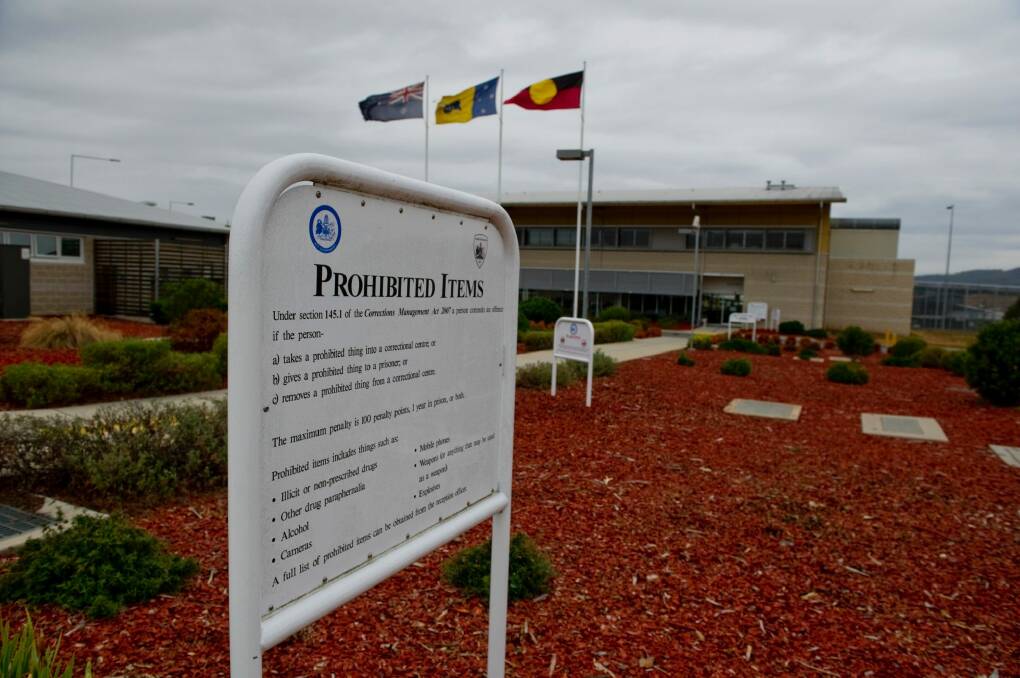The clinical fate of Canberra hunger striker Isa Islam remains uncertain as the bed-ridden detainee passes 51 days without eating.
Subscribe now for unlimited access.
or signup to continue reading
Mr Islam, 44, remains under 24-hour observation at Canberra Hospital. He is taking water but no other sustenance, and is not receiving any medical assistance.

In a statement issued on Monday, ACT Corrective Services and Canberra Health Services said they remained concerned for the detainee’s health and wellbeing, and "continue to encourage him to recommence feeding".
Under guidelines endorsed by the World Medical Association, non-consensual force-feeding of a hunger striker, provided they are judged mentally competent, is prohibited.
Mr Islam, who is serving multiple sentences for violent offences but became eligible for parole this month, began his hunger strike on December 9.
He was transferred to the Canberra Hospital on January 10.
He has made a number of written demands seeking an early release, financial compensation and the settlement of his personal debts.
The ACT government is unable to act on any of these demands, according to Corrective Services Minister Shane Rattenbury, who said they were beyond the government's "authority or legal capacity".
The ethical dilemma which will emerge in the hours or days ahead is whether medical staff are legally and ethically empowered to intervene and attempt to treat the prisoner should he fall unconscious or becomes otherwise unable to talk or communicate his wishes.
ACT Human Right Commissioner Helen Watchirs said this decision would be based on whether the patient had provided a written advance directive that he not be force-fed. She could neither confirm nor deny whether Mr Islam was a client of the commission.
Under common law, an individual has a right to self-determination, including the right to refuse medical treatment. Should medical staff intervene against the patient's express wishes, they could be charged with assault.
A sentenced prisoner on a lengthy hunger strike is unprecedented in the ACT.
The Medical Journal of Australia states that deaths from hunger strikes generally occur between 42 to 79 days, depending on the general health and age of the individual.
The journal states that after about a week, a hunger striker experiences dramatic weight loss.
In the following weeks, the liver and intestines atrophy, followed by the heart and kidneys. The pulse slows and blood pressure falls. The patient may complain of fatigue, headache, faintness and dizziness.
"By about the 40th day, the striker becomes seriously ill, is bedridden and suffers concentration problems and apathy", the journal states.
A statement from the Justice and Community Safety directorate (JACS) said there was "no legal basis for forcing the detainee to eat in the absence of a court or tribunal order".
"The ACT government has received clear legal advice that based on the clinical condition of the detainee, there are no lawful grounds for seeking a court order in the circumstances," the statement said.
JACS was unable to provide personal health information regarding the detainee in accordance with the Health Records (Privacy and Access) Act 1997 and the Information Privacy Act 2014.

